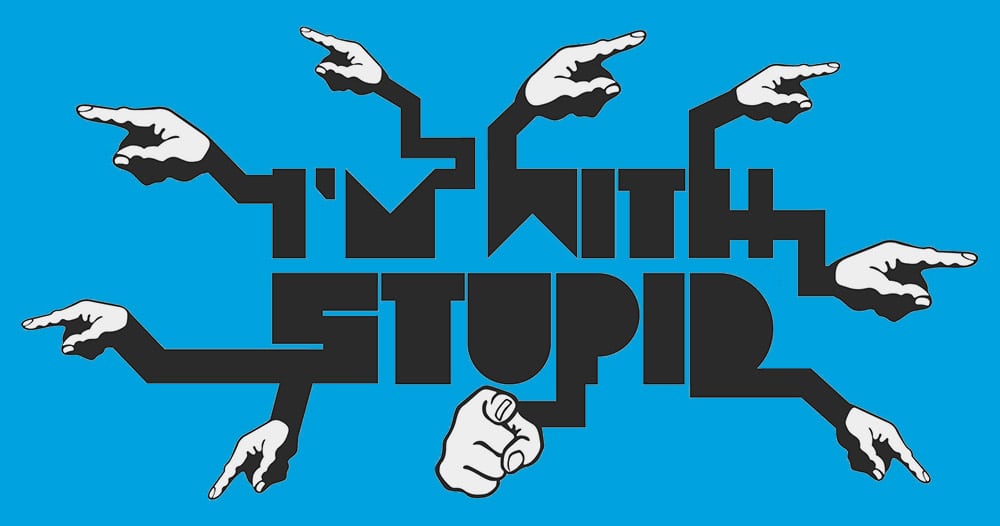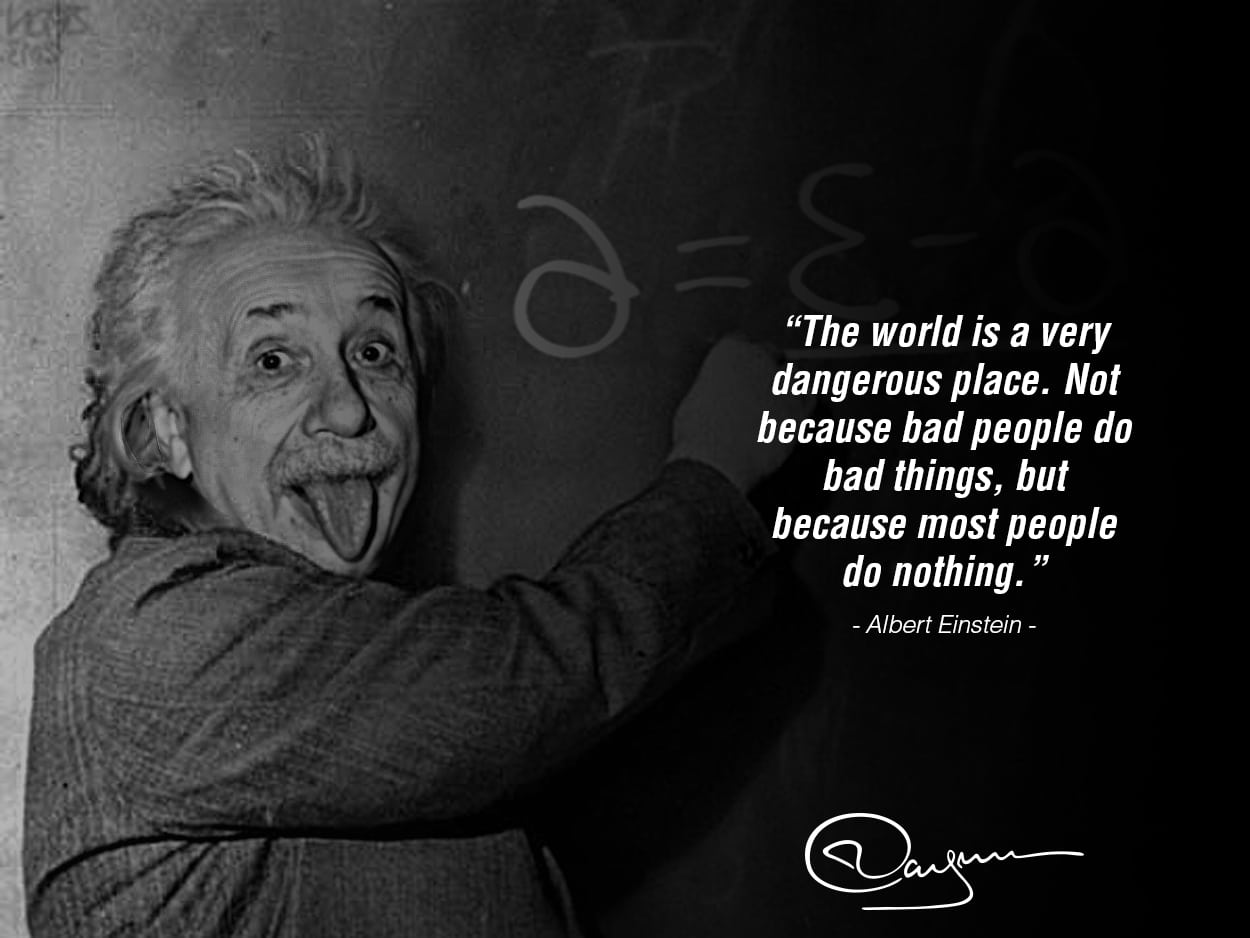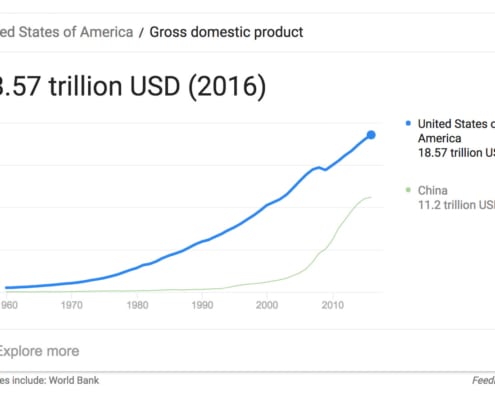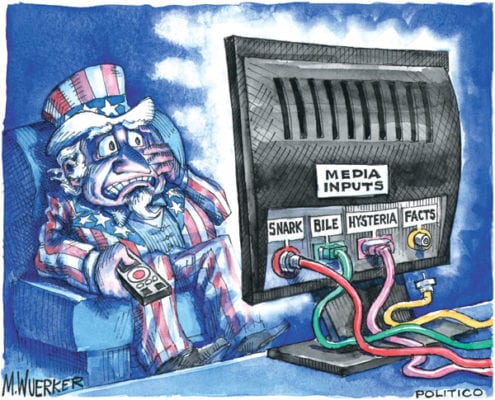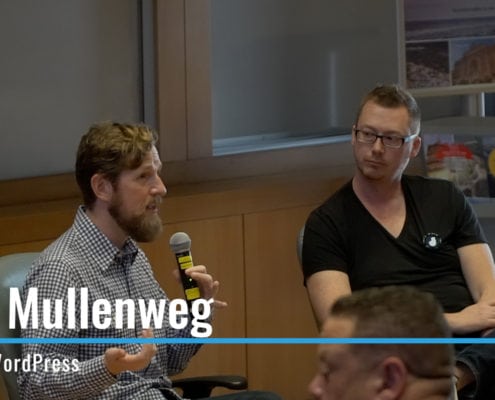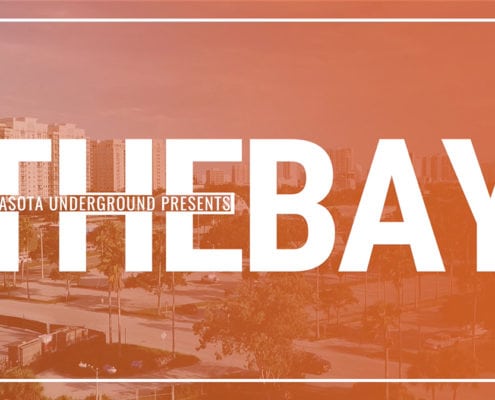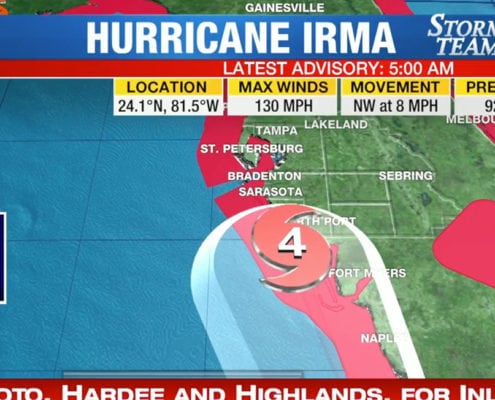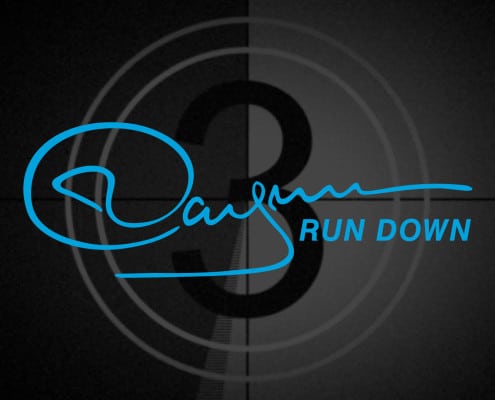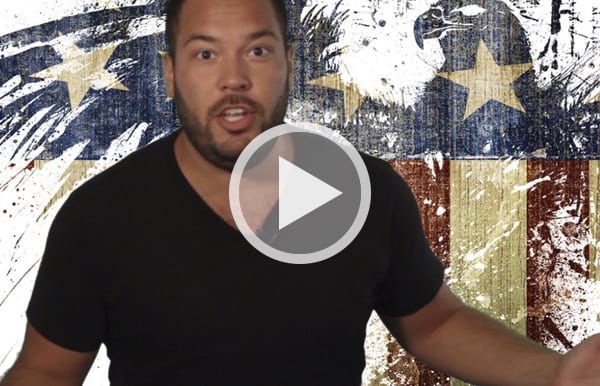Is America about to get the president it deserves?
 Content, content, content…
Content, content, content…
It’s probably one of the most overused marketing buzzword of the last few years. And as far as I can tell, it will continue on that trajectory into the foreseeable future. Especially as businesses, marketers, writers and other individuals look for ways to stand out among the noise, and rush to claim their piece of online pie.
The online new media machine is devouring old media at an alarming pace. It seems that everyone is in a hurry to share their deepest, darkest thoughts online. Over the last 10 years it has become increasingly easy for individuals to build an online presence, but it has also become increasingly difficult for them to actually stand out from the crowd.
In this epic race for online space, businesses are building platforms with the intention of easily aggregating high-quality, user-generated content. Content that provides value for the reader and engagement (think advertising opportunities) for the site owner. Something Facebook seems to have perfected, even if their recent profits come at the cost of their credibility. However, no one has been able to replicate that process for long form content. That is, until Medium.
Businesses and online entrepreneurs have understood the value of blogging for a while now, but the average individual is discovering that it is also a great way for them to build their personal brand. As the freelance economy gains traction and remote workplaces grow in popularity, the importance of setting yourself apart online continues to increase. A robust website is no longer optional, and will soon be the ultimate 21st century living resume.
This is where Medium comes in, at least from a bloggers perspective.
Medium has built (in my opinion) one of the simplest, most user friendly, publishing platforms in existence. They have made it easy for anyone to get online and share their story. No need for any of the other trouble associated with building a website, just “here’s your digital notebook, hit publish whenever you have an idea worth sharing!”
However, what many do not realize is that the importance of building your presence online revolves around your ability to control not only the message, but the platform as well.
The purpose of having your own website is so that you can control how it looks and feels. You do it so that you can have control over how the user interacts with your story and hopefully to take them from one action to another.
Another reason for managing your online presence independently is that there is a growing need to own the search results for your name. You want to build your own individual presence because in a world where Google is the arbiter of information, you want them to know that your website is the bastion for everything you. Not your profile page on Medium.
Additionally, what if you want to monetize your presence? What if you decide to start selling a book or other product? What happens when your presence is on Medium and there is nowhere for you to insert a form, build a landing page or otherwise engage the audience you are working so hard to build?
You are after all trying to build YOUR presence aren’t you? I hate to imagine the thought of you working so diligently, only to end up helping some guys in silicon valley build their website instead of yours. And when you focus solely on a single social outlet as the hub of your online presence you are doing just that.
Now, I am not saying that publishing on Medium is a bad thing. Quite the contrary, I think it’s a great tool to use as you grow your presence, and considering I have had great success with Medium, it would be hypocritical of me to do so.
What I am trying to say, is that you should not (exclusively that is) build your brand around Medium or any other social publishing platform for that matter. You should build your presence around your own website and then use outlets like Medium as channels through which you drive traffic, grow engagement and build influence.
You need to build a content engine for yourself as opposed to feeding their future advertising machine. A machine they will eventually attempt to monetize and potentially leave you looking from the outside in at an audience you worked so hard to build.
They will use your content as the foundation from which fund their revenue model, drive advertising dollars or otherwise modify the platform in a way that will be beyond your control. (Facebook pages anyone?) What happens when it cost you money to publish or when they start letting people pay to get to the top of those subscriber emails?
I am not certain this is the direction they are taking the platform, but they have already made fundamental shifts in the way they share and allow you to curate content, and they continue to make changes that lead me to believe that they are moving towards a platform that might leave your wallet a little lighter if you wish to continue using it to share your message in the not too distant future.



